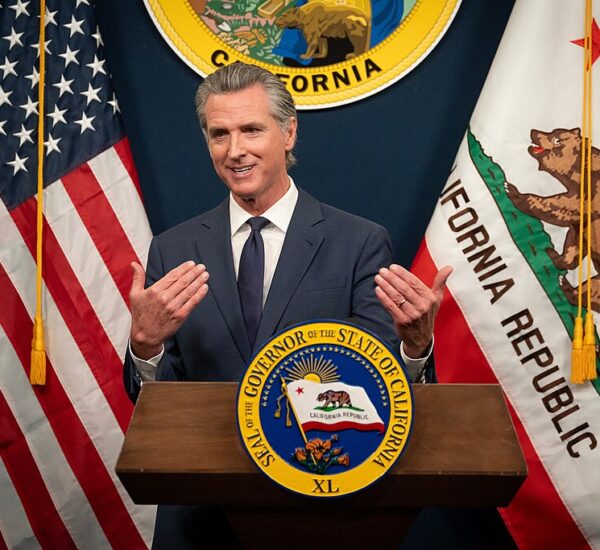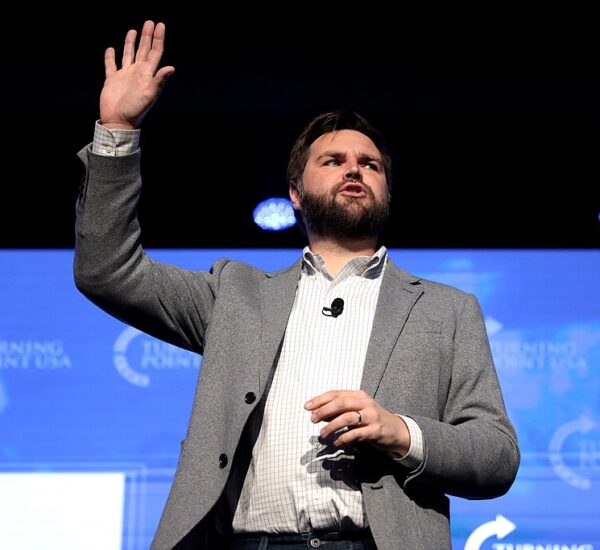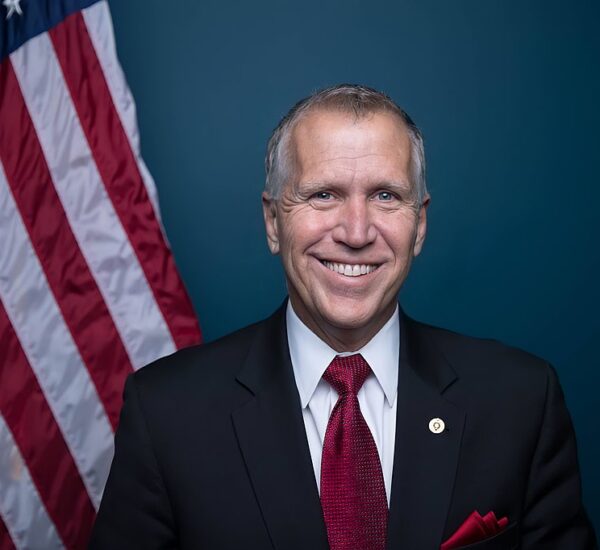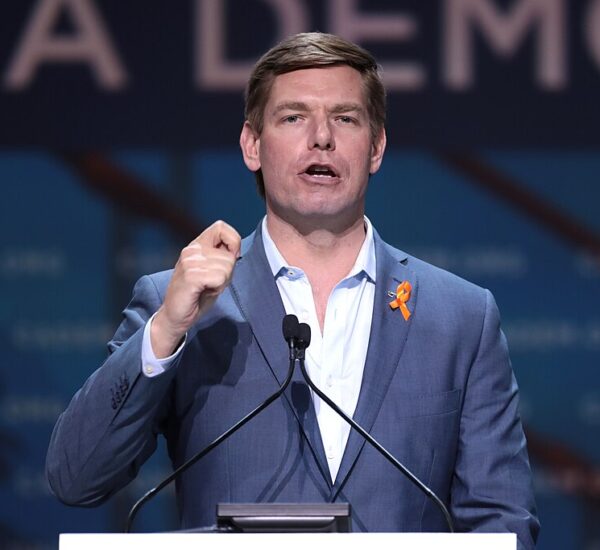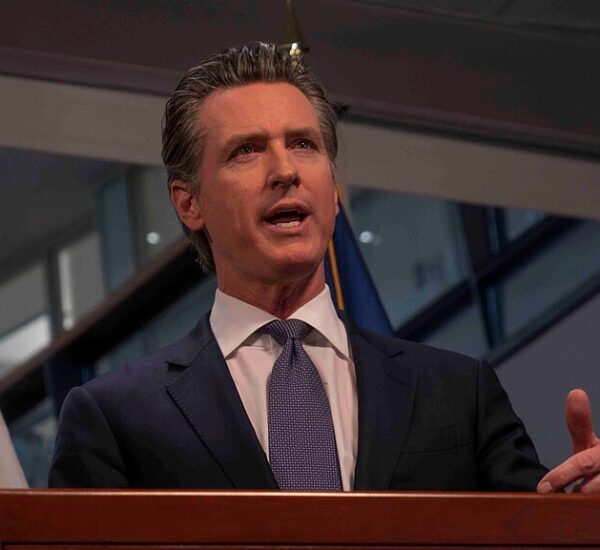Here’s what could happen next.
Supporters of President Donald Trump who have felony convictions are now finding a new opportunity to get their sentences overturned, fueled by shared political concerns and loyalty to the former president. Many of these individuals, who view themselves as victims of political persecution, are turning to attorneys and lobbyists with past ties to Trump, offering large sums of money in exchange for assistance in securing pardons. These legal professionals, often former Trump allies, prioritize clients who have experienced similar frustrations with the federal justice system.
President Trump, who has long claimed that the multiple charges against him were part of a politically motivated “witch hunt,” now holds the power to offer clemency to others who share his perspective. His administration has shown a history of using pardons to reward loyalists, with Trump notably signing an executive order early in his first term to grant “full, complete, and unconditional” pardons to over 1,500 individuals involved in the January 6th Capitol riot. This act was seen as a gesture of goodwill toward his most devoted supporters.
As Trump gears up for his second term, the scope of pardons has expanded, with more high-profile individuals like Fugees rapper Pras Michel, reality stars Todd and Julie Chrisley, and even two D.C. police officers seeking clemency for their involvement in a tragic incident. These cases reflect Trump’s continued commitment to his supporters, often drawing comparisons to the actions of his political opponents.
Critics argue that former President Joe Biden’s approach to pardons in his final days in office paved the way for Trump’s potential to use the pardon system as a tool to reward his backers. Biden issued preemptive pardons to various individuals, including those close to him, which many saw as a partisan move aimed at protecting his allies.
The Trump administration has already begun reshaping the pardon process by appointing Alice Marie Johnson as the new “pardon czar” and removing Liz Oyer, who had held the role since 2022. This early overhaul signals that Trump’s second administration may bring further changes, and with it, the potential for more controversial clemency decisions. Legal experts warn that with the administration’s early preparations, the process could become even more influenced by political favoritism, with those close to Trump gaining easier access to pardons and clemency.
The new pardon efforts have attracted attention, with former federal prosecutor Alex Little representing several clients who feel wronged by the justice system in a manner similar to Trump. He believes that the experiences of those involved in the Trump administration, particularly with regard to prosecutorial misconduct, will continue to shape the pardon process moving forward. The shift toward a more politically-driven clemency system could further heighten concerns about fairness and impartiality within the U.S. justice system.

